Those early months as a new parent can be daunting. Everyone has an opinion on what you should and shouldn’t do. One of the biggest areas of debate is feeding, with many people keen to offer up strong opinions on formula feeding, supplementation, feeding positions, and more!
Read on to discover our impartial guide on all things feeding in those early months.
Breast vs Bottle
So what is best for your baby? Let’s keep things simple, in the age-old bottle vs boob debate there is a very clear conclusion; fed is best. The goal should be to provide your little one with the nutrients they need to thrive, whether that is by breastfeeding, expressing, or formula feeding!
The argument for breast milk is based around the fact that it is tailor-made for your baby. Your body is capable of brilliant things, and breast milk can provide a wide range of benefits such as protection against illness and those all-important nutrients that your baby needs to tackle in the first months of life.
Interestingly, breast milk alone is not considered to be a complete diet, and breastfed babies should be given a daily supplement to support their vitamin D levels. Vitamin D is commonly thought of as the ‘sunshine vitamin’, and is produced by our skin when exposed to sunlight; healthy vitamin D levels are essential to support bones, teeth, muscles and even the immune system! There are many brands of vitamin d drops available and most can be added to either the nipple or a bottle.
Formula is designed to be fed in addition to, or instead of breastmilk and is used by parents who cannot or prefer not to breastfeed. It is important to understand there are many reasons that parents may not breastfeed, and some of these reasons are highly personal. Whatever the feeding method is chosen, new parents should be supported and guided through their journey, and never shamed.
Formula may either be premixed or powdered and is usually given in a bottle. Although there is no evidence to suggest one is better than the other, many formula-fed babies develop a preference for either rubber or silicone bottle teats. Nowadays there is a huge variety of formulations available, from first milk to follow-on-milk and even formula design for babies with colic, allergies, or digestive issues. Although formula is not shown to provide the same benefits as breastfeeding, specifically protection from illness, formula milk is often fortified with Vitamin D, meaning no additional supplementation is needed.
What Is The Best Feeding Position?
The best position to feed your little one is whatever works for your family! Many parents choose to use support pillows when cradling their baby. Support pillows are particularly useful after a caesarean, and can be used for both bottle and breast feeding.
If you have a colicky baby on your hands try sitting your little one up when feeding. Whether breast or bottle-fed, feeding upright will reduce the amount of air they swallow.
What If My Baby Is Having Trouble Feeding?
There are many issues that can wreak havoc as your little one begins their feeding journey. Your health visitor or midwife is on hand to discuss any concerns you may have.
Up to 11% of babies are born with tongue-tie, which can limit their ability to move their tongue and therefore make latching difficult. Tongue-tie can be hard to spot, but symptoms may include difficulty latching onto your breast or bottle, slower weight gain, an almost heart-shaped appearance to the tongue when stuck out.
Food For Thought
Did you know, from 6 – 12 months it is recommended that your little ones only drink breast milk, formula or water, avoiding cows’ milk! Cow’s milk is known to inhibit your baby’s ability to absorb iron and this can ultimately lead to anemia.




Comments
It's your choice
Submitted by Andy Jones on Wed, 08/18/2021 - 13:49We attended NCT and they were very against anything that wasn't breastfeeding. There are proven benefits to breastfeeding but it's not right (or possible) for everyone so it's got to be a choice for the parents.
Leave a Comment: